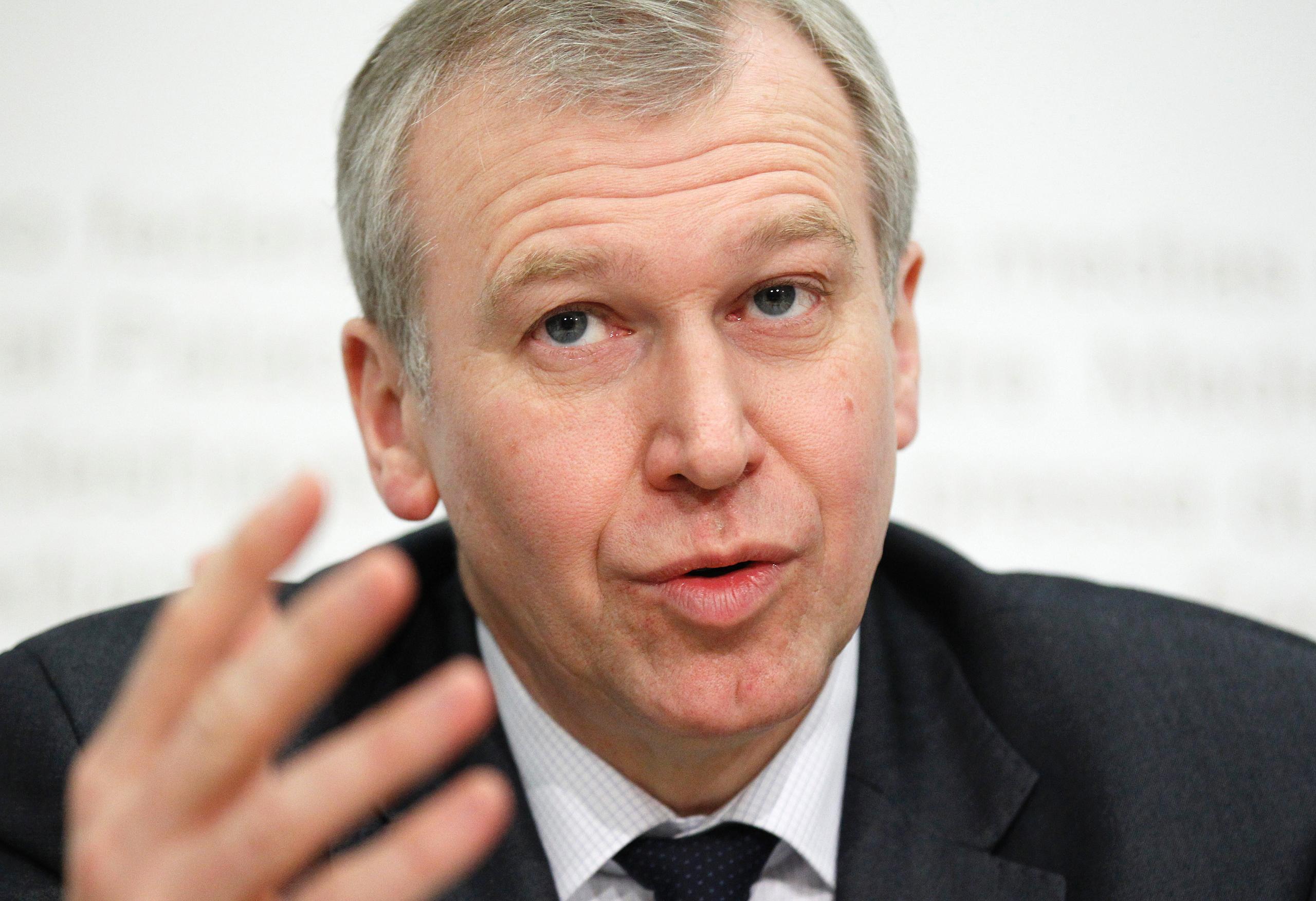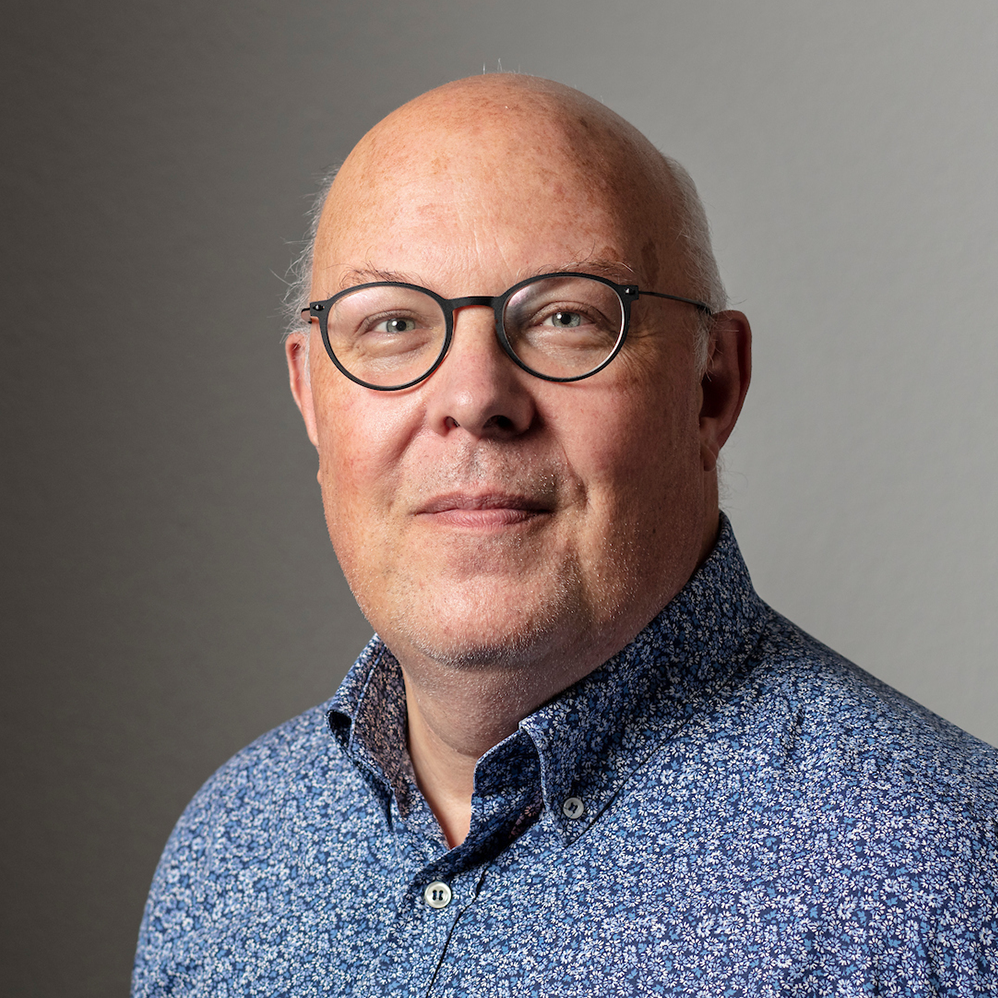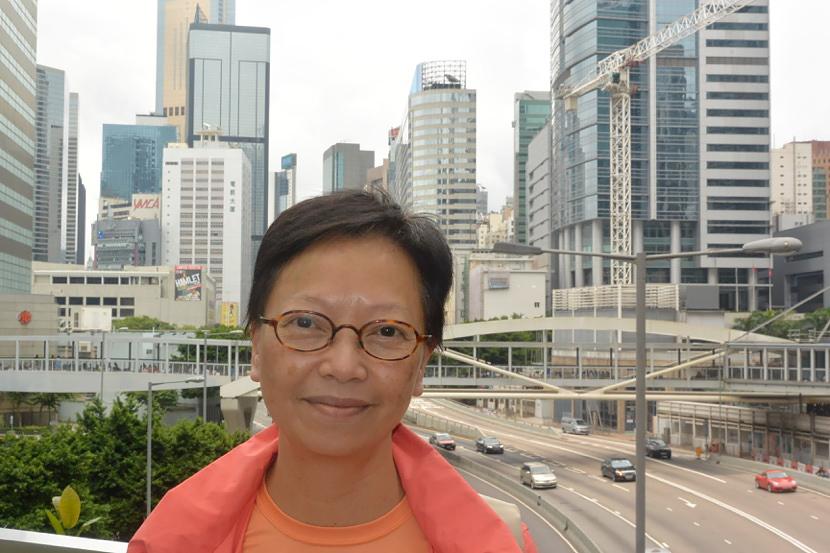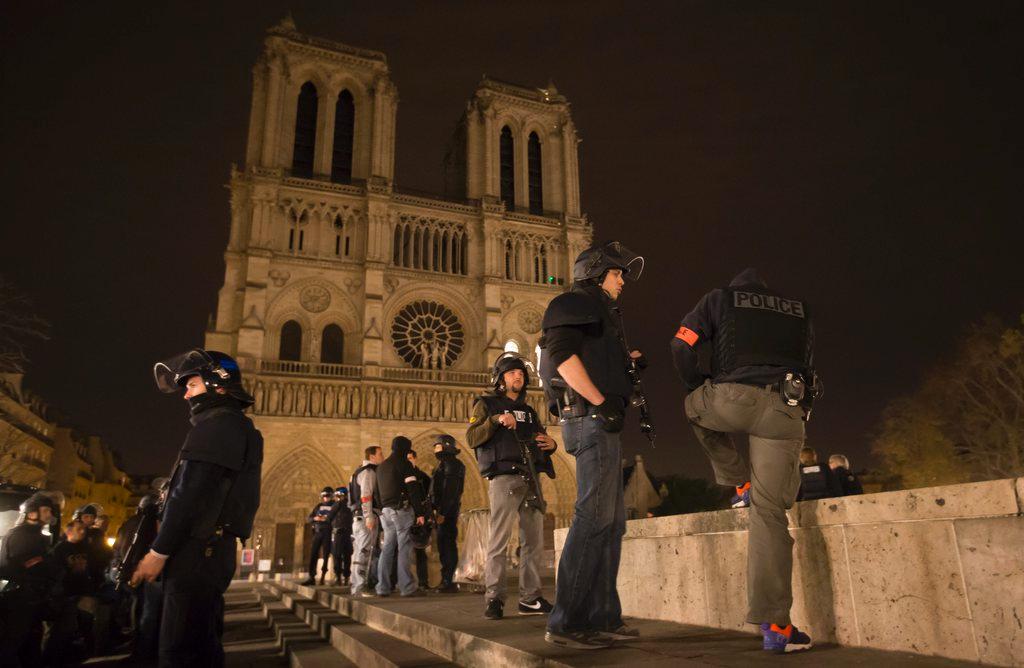Amid threats, former Belgian leader talks democracy and freedom

We must safeguard individual liberties despite terrorist threats, former Belgian Prime Minister Yves Leterme told swissinfo.ch during a recent visit to Bern.
Now the secretary general of the inter-governmental democracy organisation International IDEA, Leterme also said he was optimistic about democratic processes underway in countries such as Tunisia, Mynamar and Nepal.
swissinfo.ch: International IDEA is an inter-governmental organisation that was founded 20 years ago to promote democracy around the world. How exactly does it do that?
Yves Leterme: On the one hand, we conduct academic research to provide a solid foundation for our member states’ efforts to promote democracy. This is done by a team of 60 to 70 people at our headquarters in Stockholm.
We also have four fields of action that we use as a framework in 20 to 25 countries which are still in a state of crisis or emerging from one and are starting to set up democratic processes. Here, our approach is not one of research but of practical support for the establishment of democracy, for instance in Bolivia, Yemen, Nepal and Myanmar, through electoral processes, constitution drafting, the organisation of political parties, party financing and economic and social development.
swissinfo.ch: In recent years, modern democracy has suffered setbacks in many parts of the world, for example the Middle East, North Africa and Asia. Does this mean your international efforts to empower citizens have failed?
Y. L.: No, I don’t think so. The regions you mention are ones where democracy was never really established. So there has not actually been a regression from the point of view of democracy.
That said, countries like Iraq, Syria, Libya and more have still not managed to establish truly democratic institutions or processes. There is still a lot of work to be done.
But generally speaking, there are encouraging signs in these regions, for example in Tunisia, Myanmar and Nepal.
swissinfo.ch: International IDEA seeks to describe instead of prescribe, for instance by publishing brochures on key issues and providing training modules for lawmakers and electoral authorities. What lessons have you learned so far from your international efforts?
Y. L.: When we speak about democracy and helping to build it, we should be clear that democracy is not something that can be exported directly, for example from Switzerland or Sweden to other countries. We can only support it.
So we try to help different countries set up sustainable democratic processes, but this must always be based on a real will on their part to do so. We can never impose on them or apply pressure. The public and political leaders, all those who want to bring about change in a given country, must really have chosen democracy. Only then do we facilitate and support their work.
swissinfo.ch: Switzerland, which has been a member of International IDEA for ten years and held the chairmanship this year, has some very comprehensive instruments for citizen participation in its system of representative democracy. What can the world learn from Switzerland about direct democracy?
Y. L.: In many respects Switzerland is a model country and an example which commands admiration across the globe. At the meeting here in Bern, for instance, we looked at the question of accountability and how this process is organised at the federal, cantonal and communal levels in Switzerland.
In many countries, democracy is organised via elections every four or five years, but there is no real process for holding those in office accountable in the intervening period. The Swiss approach, with its referendums and the idea that decision-making power is first and foremost at the local level, is a source of inspiration.
But, as I said, the Swiss model cannot be copied wholesale. We have to draw lessons and adopt some ideas, adapting them to the concrete context and needs of the countries concerned.
swissinfo.ch: International IDEA has published a handbook on direct democracy and manages a comprehensive database of the different possibilities for citizen participation. What else is in the pipeline?
Y. L.: We are currently adding best practices and examples of good practices in the use of new information technologies. Nowadays people, especially the younger generations, clearly want to use new technologies in order to influence political developments.
But there is still much work to be done. We have, for instance, just published proposed voluntary self-regulation framework for social media. The new technologies can be a useful complement to ongoing efforts to promote and implement direct democracy, but they should be used in the best possible way. This is where we try to step in and help steer the debate.
swissinfo.ch: Current prospects for the spread and strengthening of democracy seem dubious, to say the least. Where do you see the most promising developments right now?
Y. L.: Some traditional democracies are facing problems. For instance, in some countries, voter turnout in the European elections was less than 20%, which calls into question the legitimacy of the institutions concerned. The problems affecting democracy and democratic practice are not restricted to developing countries alone.
But the most positive sign we see today is that demand for democracy has never been greater. More than ever before, citizens want to have a say in how decisions are made; this is a positive factor. But finding ways to establish lasting democracy is a challenge.
swissinfo.ch: Your country [Belgium] is deeply affected by an acute terrorist threat. How are your fellow citizens coping with this emergency situation, which is characterised by a restriction of fundamental rights?
Y.L.: People understand that exceptional means are needed in order to fight against a terrorism that is itself also exceptional in terms of its brutality and cruelty. However, it is clear in hindsight that we should make better use of existing mechanisms to fight crime and that many problems arose because some parts of the country, especially urban areas, were overlooked and not properly kept an eye on by the police forces or political authorities. There is some catching up to do.
On the whole, the population has shown a high level of understanding, but at the same time we realise that we may have gone too far in showing a kind of tolerance which is tantamount to negligence, which we are now paying for dearly.
swissinfo.ch: Do you think that the Islamic State terrorists present a long-term threat for the fundamental rights and freedoms of the citizens of Western Europe?
Y. L.: I believe that globalisation and the ease with which people can now move about – for example with the reduction in border controls within the Schengen area – have many benefits for people with good intentions. They facilitate trade, travel and exchange. But they also make it easier for criminal structures to flourish.
We must therefore, above all, safeguard the rights and liberties of well-intentioned people – and thus try to maintain this mobility – while at the same time strengthening controls so as to eliminate the risk of criminality as much as possible.
For instance, negotiations have long been underway with the United States and within the EU on a system for exchanging airline passenger data, which could be better organised.
This is one area where we might see some progress in the coming months, with new agreements aimed at better exploiting the technical possibilities already at hand. This is one way of ensuring greater security without jeopardising the freedom of movement that we have enjoyed over the past decades.
Meeting in Bern
The International Institute for Democracy and Electoral Assistance (International IDEAExternal link) is an inter-governmental agency whose goal is to promote democracy around the world.
Founded 20 years ago, the organisation now has 28 member states. This year it was chaired by Switzerland for the first time, which is why its annual forum was held in Bern. Over 150 specialists from politics, economics and academia came together for two days in the Swiss capital.
During its year-long chairmanship, Switzerland has focused on the theme of “accountability as a central element of deepening democracy”, as stated in the official media release of the foreign ministry.
Tranlsated from French by Julia Bassam

In compliance with the JTI standards
More: SWI swissinfo.ch certified by the Journalism Trust Initiative



You can find an overview of ongoing debates with our journalists here. Please join us!
If you want to start a conversation about a topic raised in this article or want to report factual errors, email us at english@swissinfo.ch.